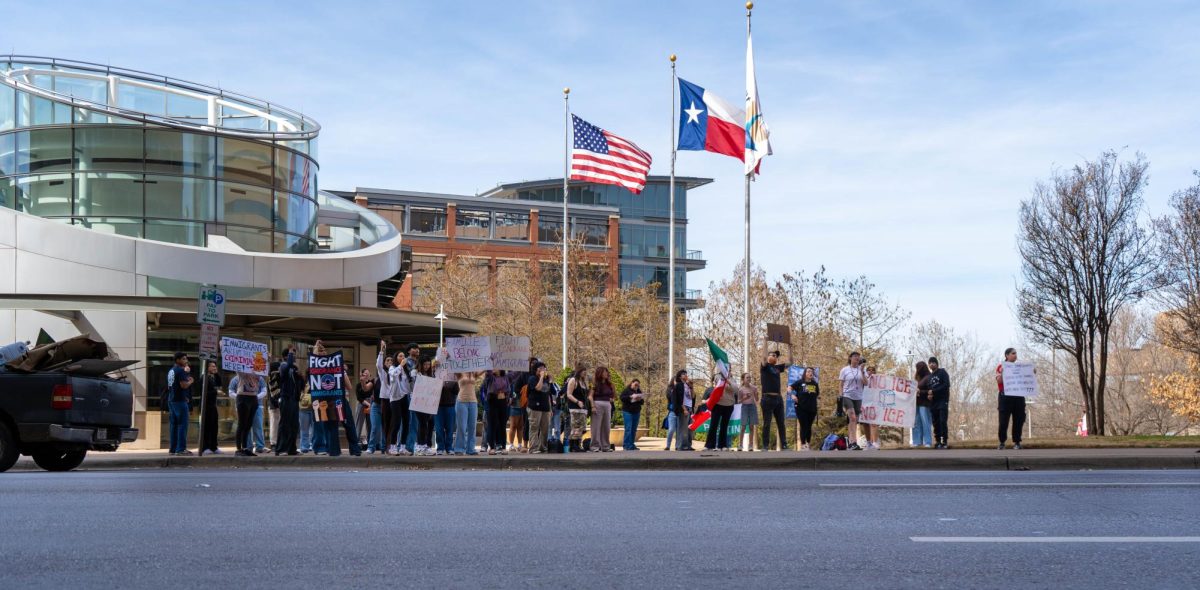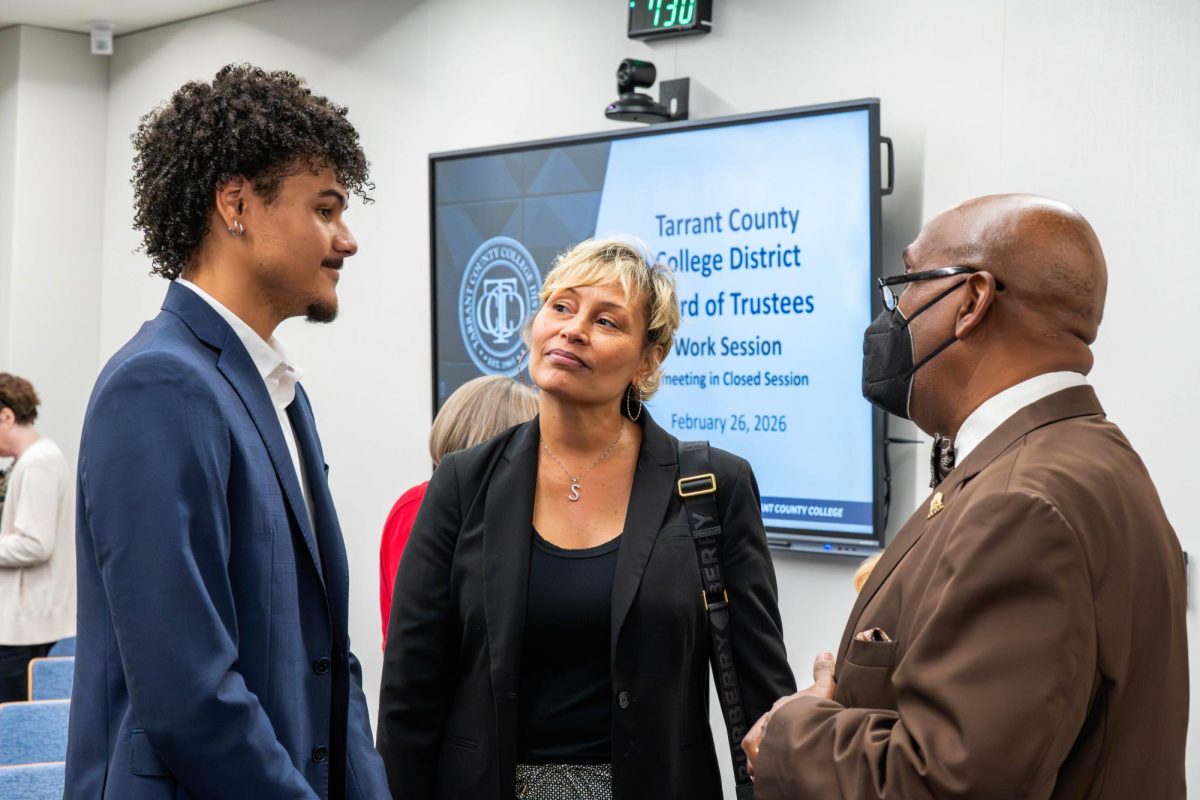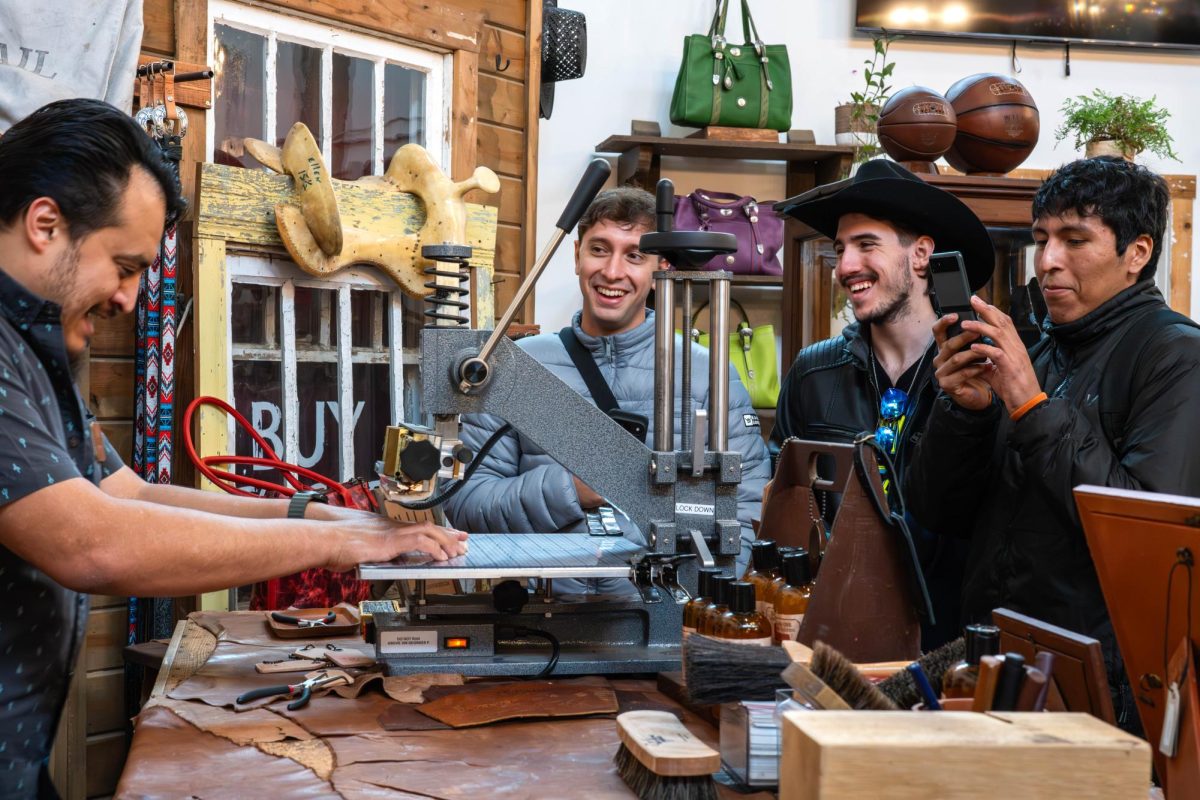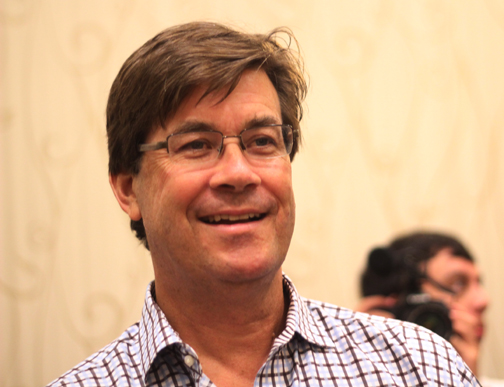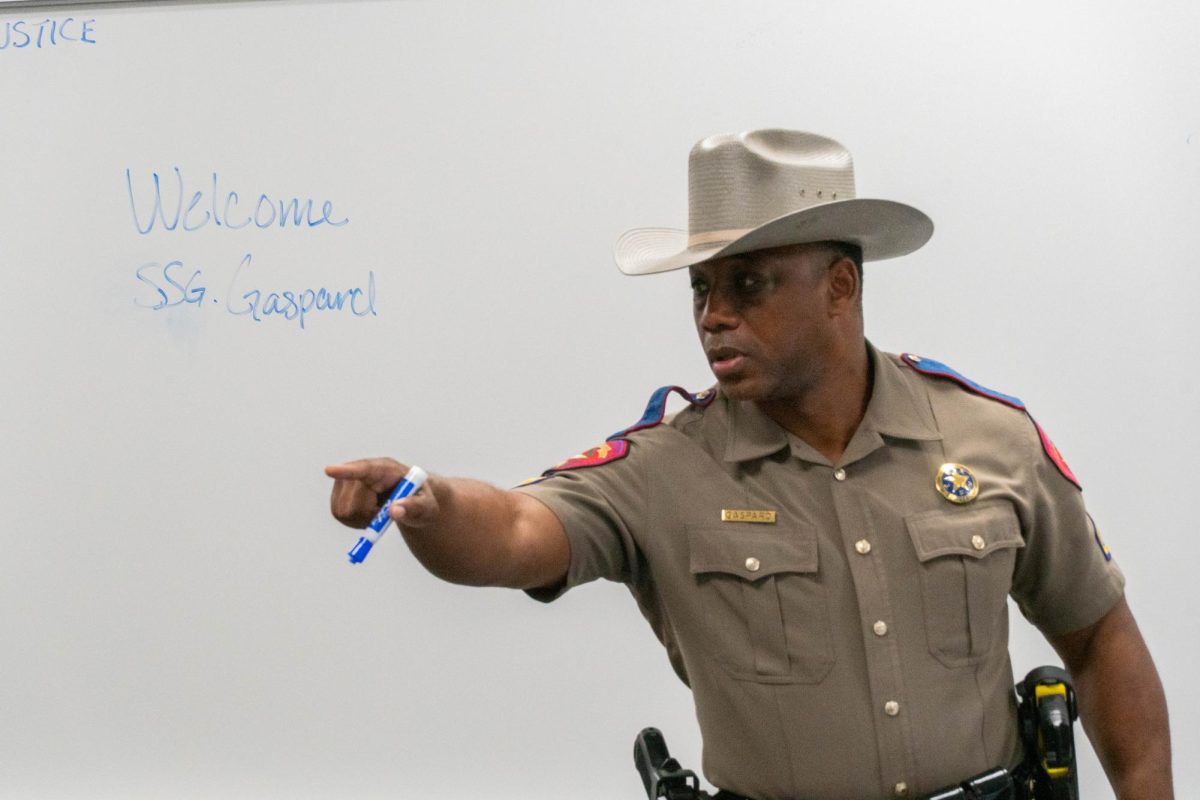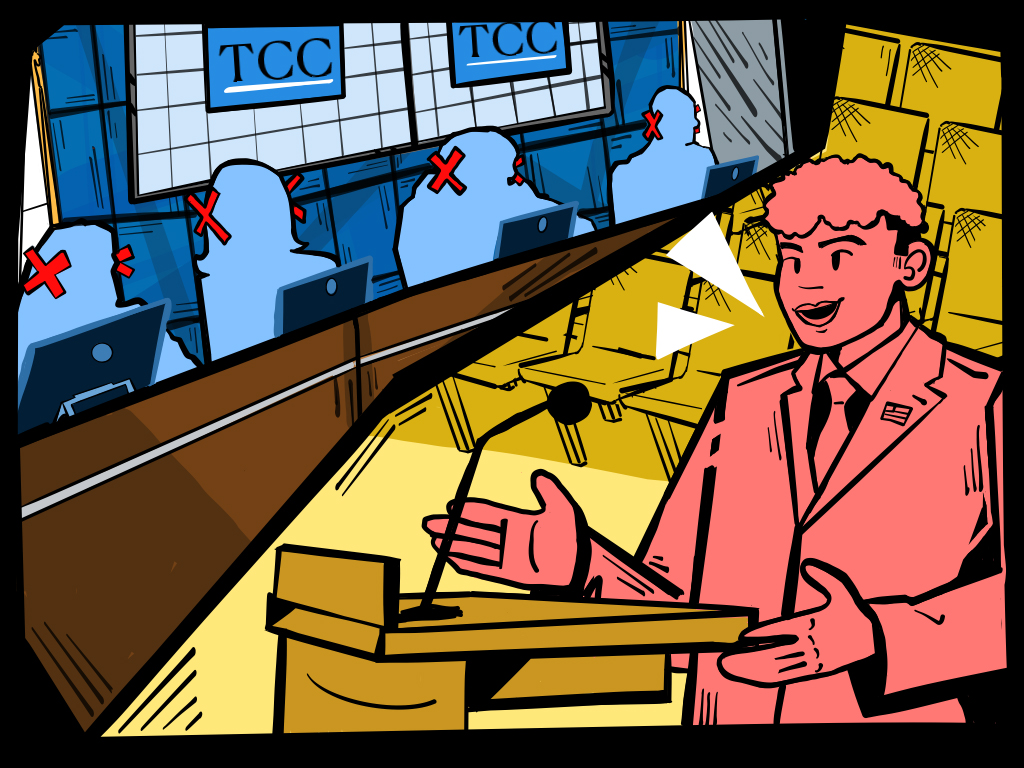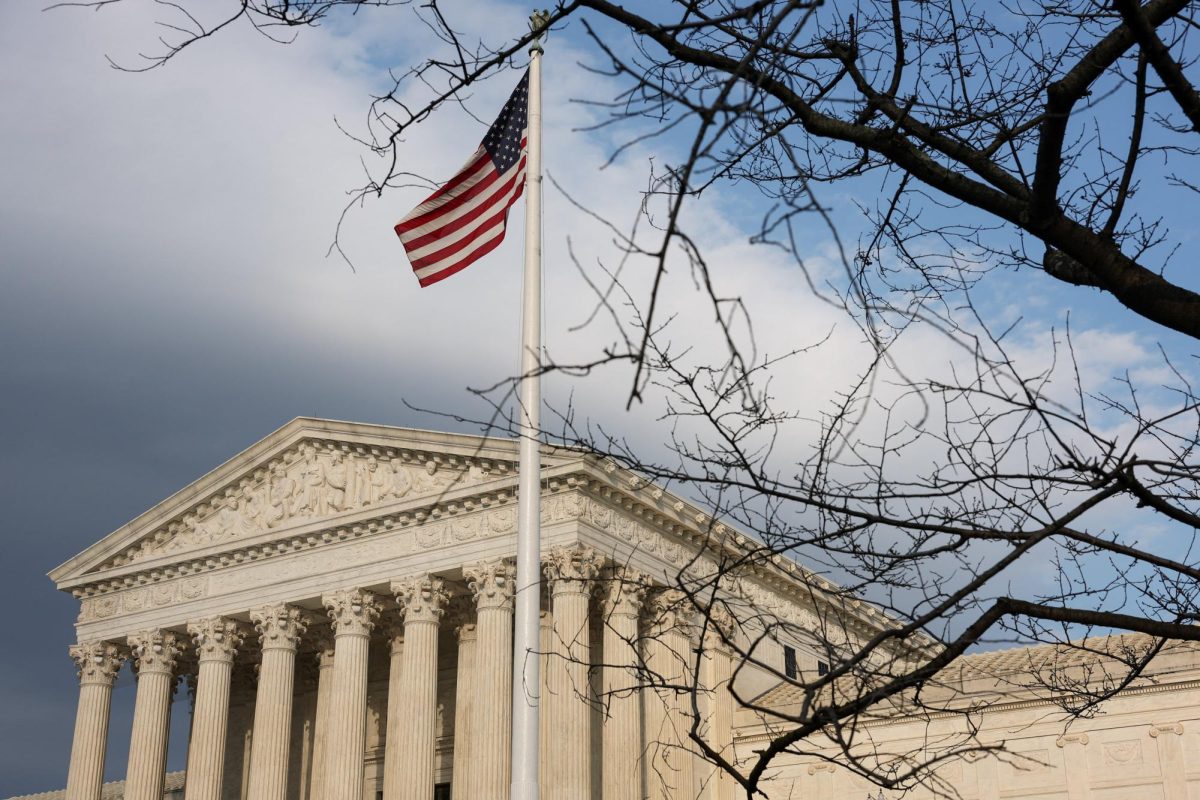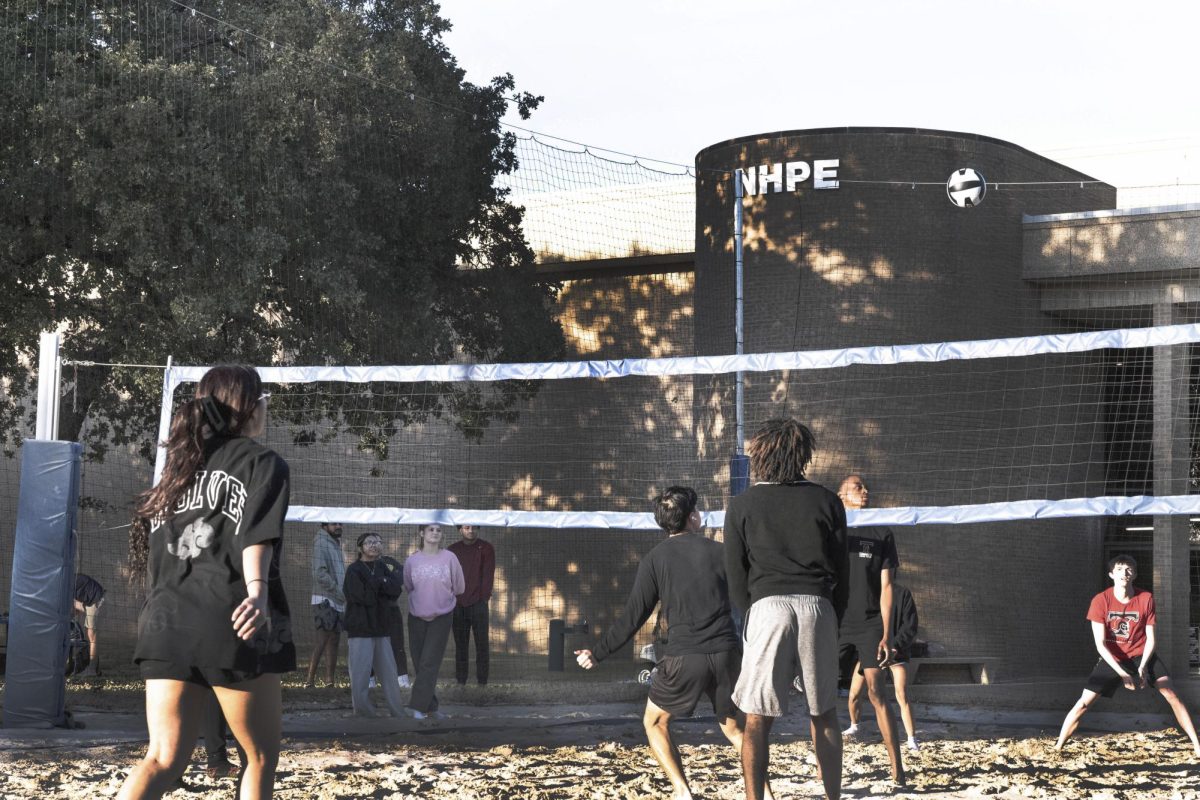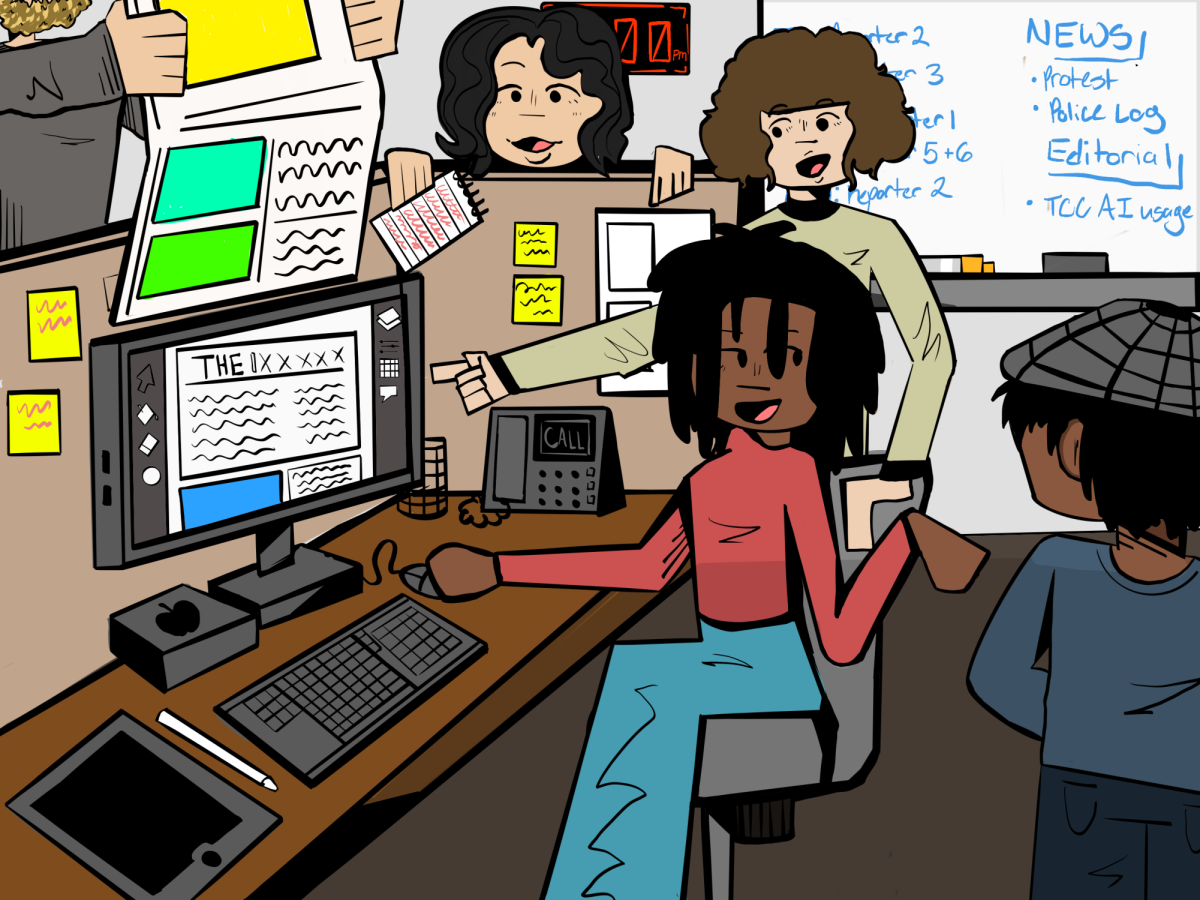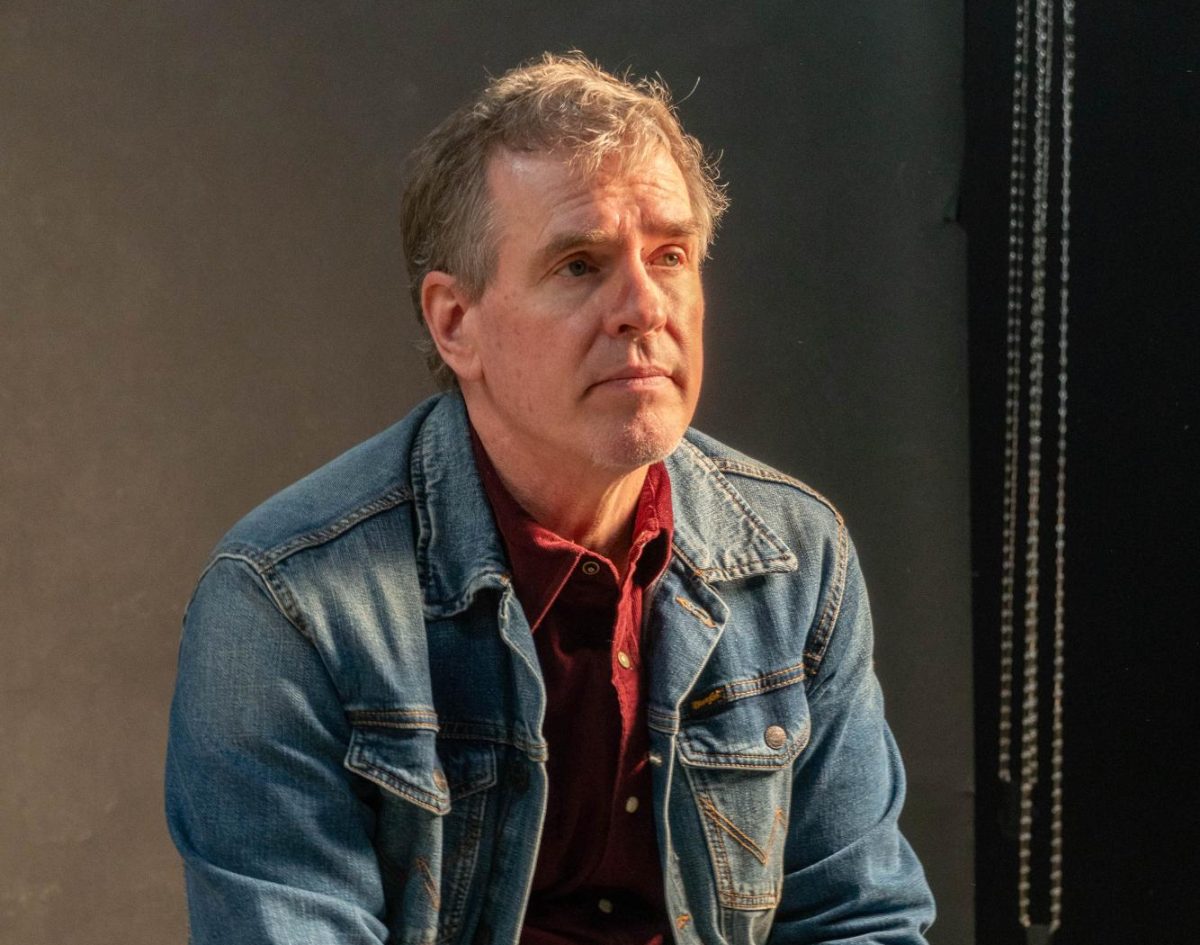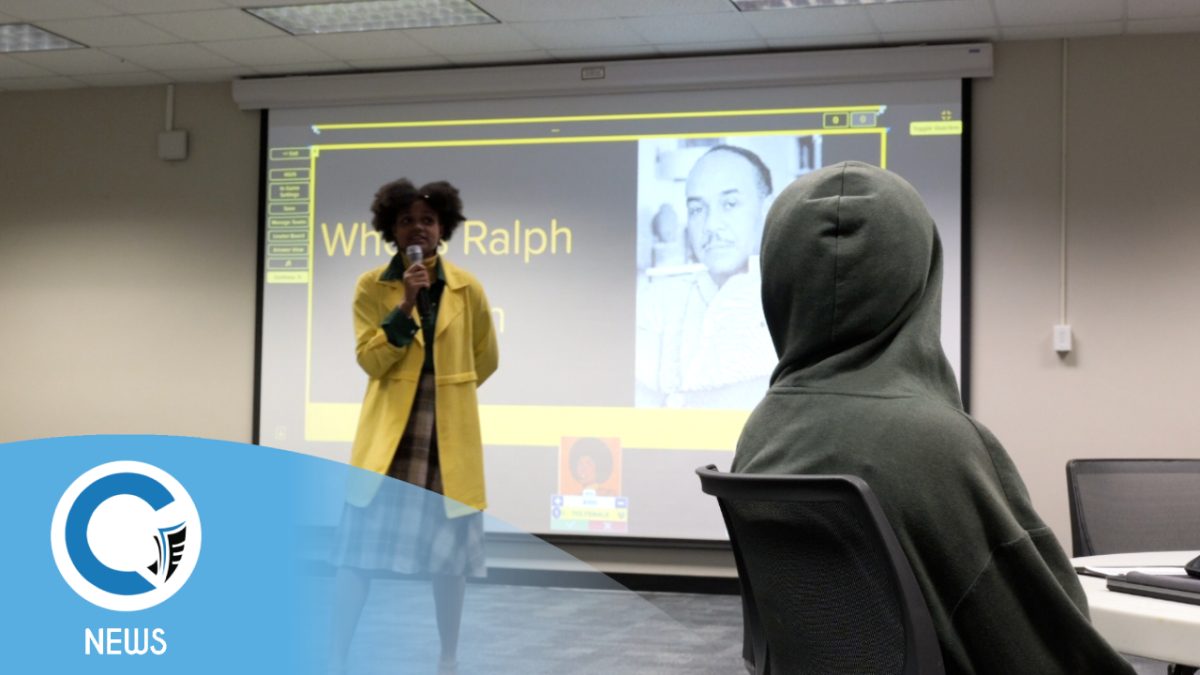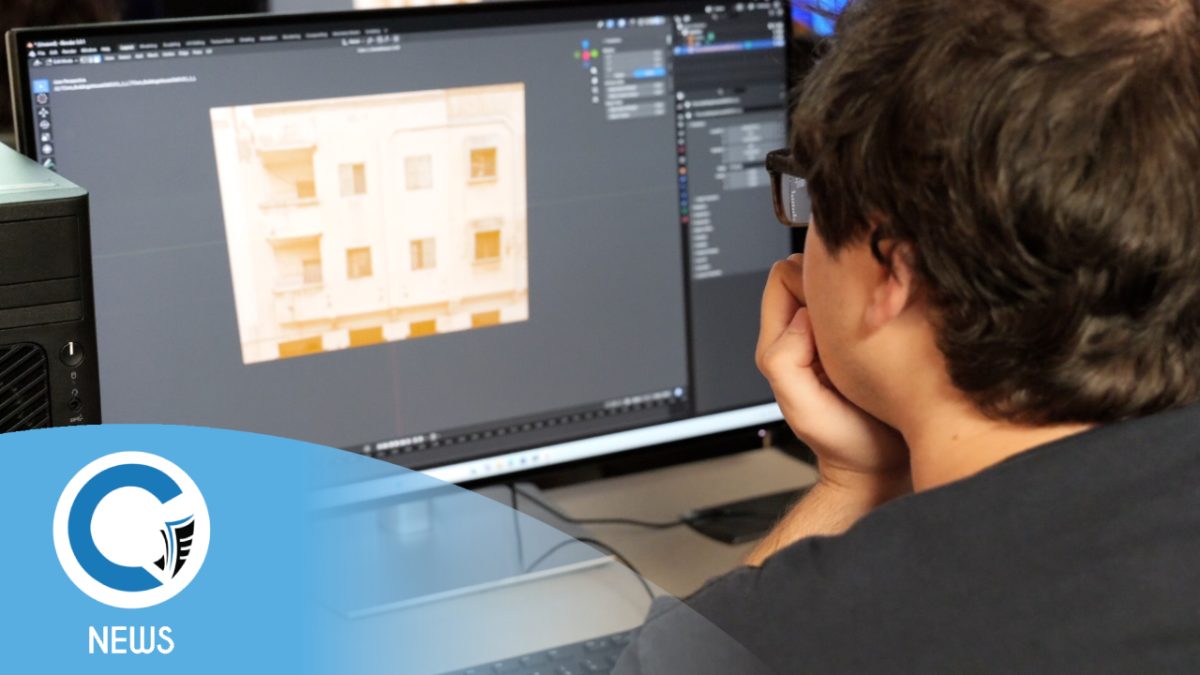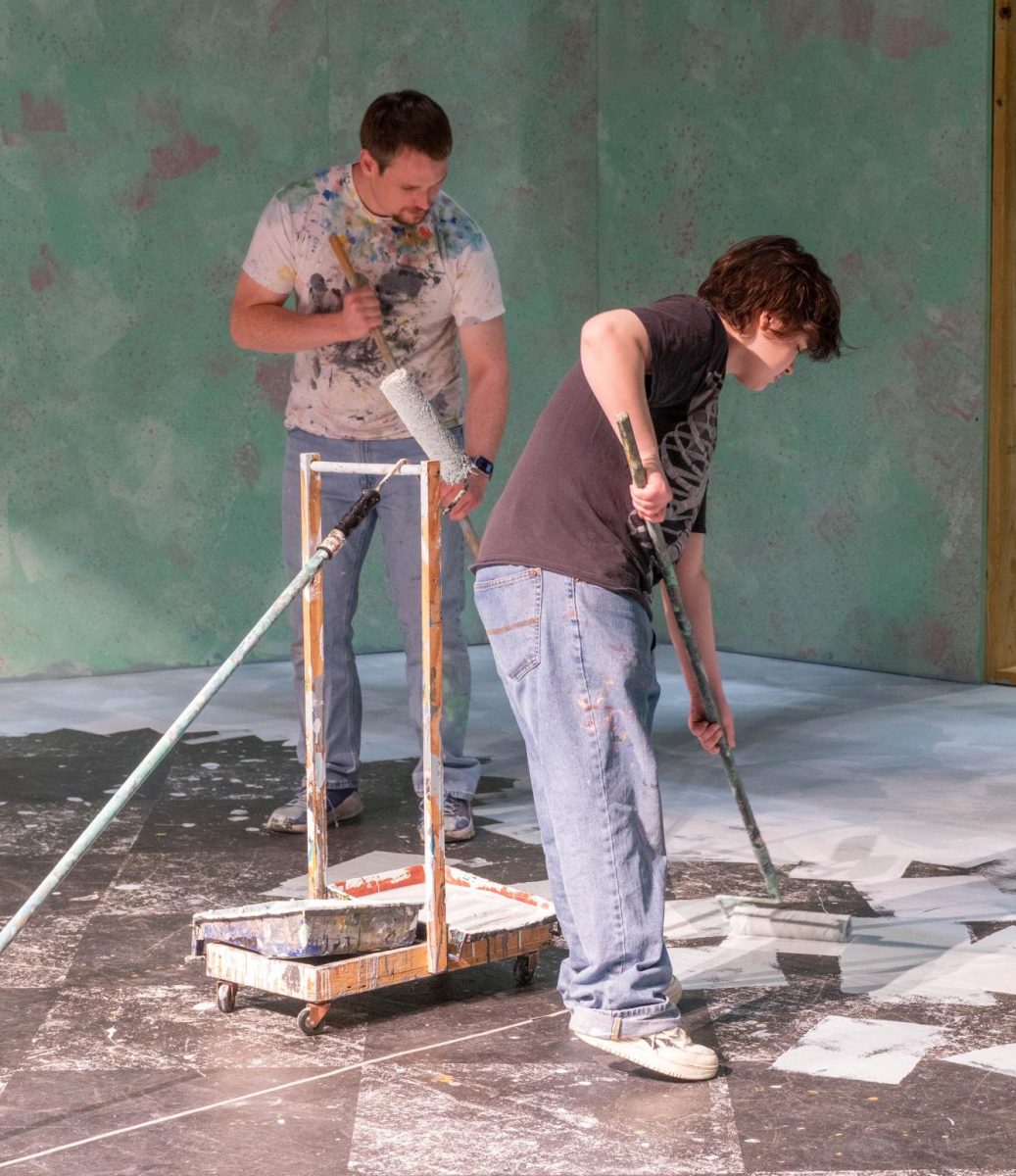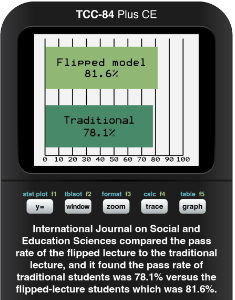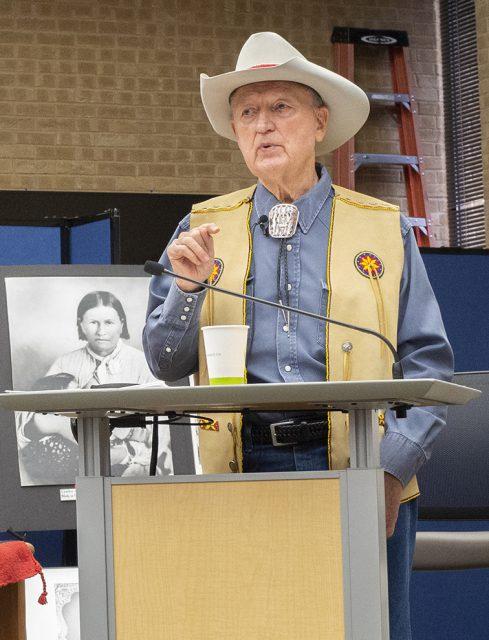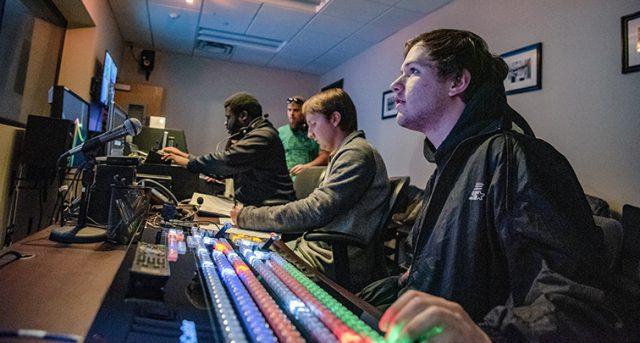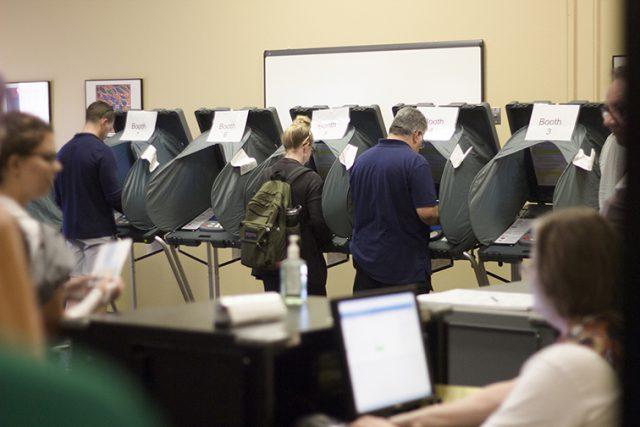| November 13, 2019 | Jill Bold | managing editor |
|---|
In 2016, two-thirds of the 64,000 overdose deaths in the U.S. were caused by opioids, but as this crisis rages on in America, a non-profit organization has developed a new weapon to help combat fatal overdoses.
ODAidDFW.org will be presenting at the Free Overdose Prevention Training being held 12:30-2:30 p.m. at NSTU 1615A on NE Campus. NE mental health and human services department, with its experience training substance abuse counselors, will be moderating the event along with board members of O.D. Aid DFW.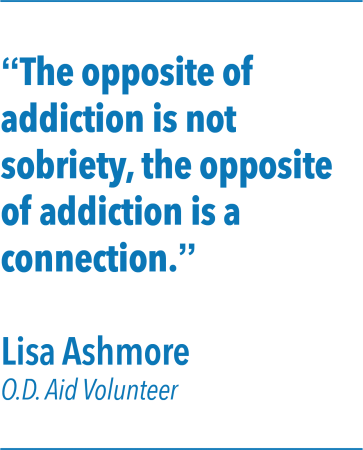
“Overdose prevention kits will be dispersed to those who feel the need, along with other harm-reduction materials,” NE mental health instructor and coordinator Angela Shindoll said.
The Fort Worth-based organization, O.D. Aid DFW, specializes in educating the community on how to recognize an overdose, how to use an overdose kit containing the life-saving drug naloxone and combating the stigma of addiction.
According to the National Institute on Drug Abuse, naloxone is a drug that reverses an opioid overdose and can restore normal respiration in an overdosing individual who is struggling to breathe.
O.D. Aid DFW decided to take action instead of waiting on policymakers to address the situation and quell this disaster.
The organization’s website highlights its ability to provide free naloxone to “vulnerable drug users in Fort Worth.”
The non-profit organization does not have a major donor or source of funding and no official affiliation with other organizations or political groups. Helping the community and providing education through overdose prevention is their clear and simple goal.
“We’re about saving lives and we’d like you to be a part of that,” said organizer Vicki Jinks.
Besides medical first aid, helping the mental health of the individual with an opioid addiction is vital to recovery and healing.
“It’s about connecting, it’s about community, it’s about not keeping our head in the sand anymore, really addressing addiction and meeting people right where they are,” said O.D. Aid volunteer Lisa Ashmore. “The opposite of addiction is not sobriety, the opposite of addiction is a connection.”
Opioid overdose is preventable and treatable with the right preparation and education and access to essential first aid. This event will educate the audience on how to speak candidly and sensitively about drug use. Many suffer in silence because of the stigma.
O.D. Aid volunteer Mary O’Conor lost her son to an opioid overdose and continues to suffer from her loss.
“It’s a pain that never goes away,” said O’Conor.

